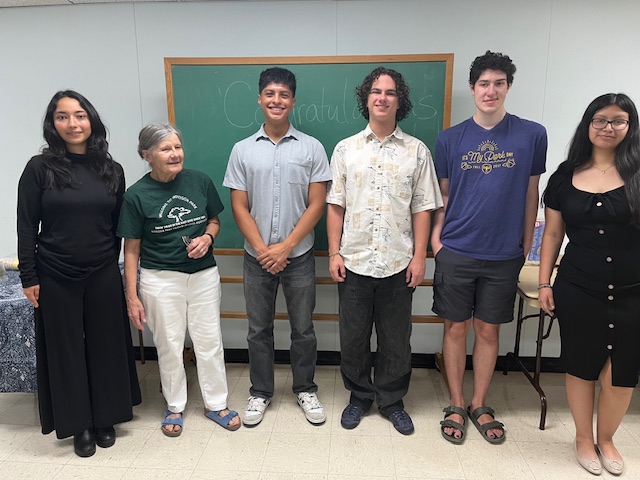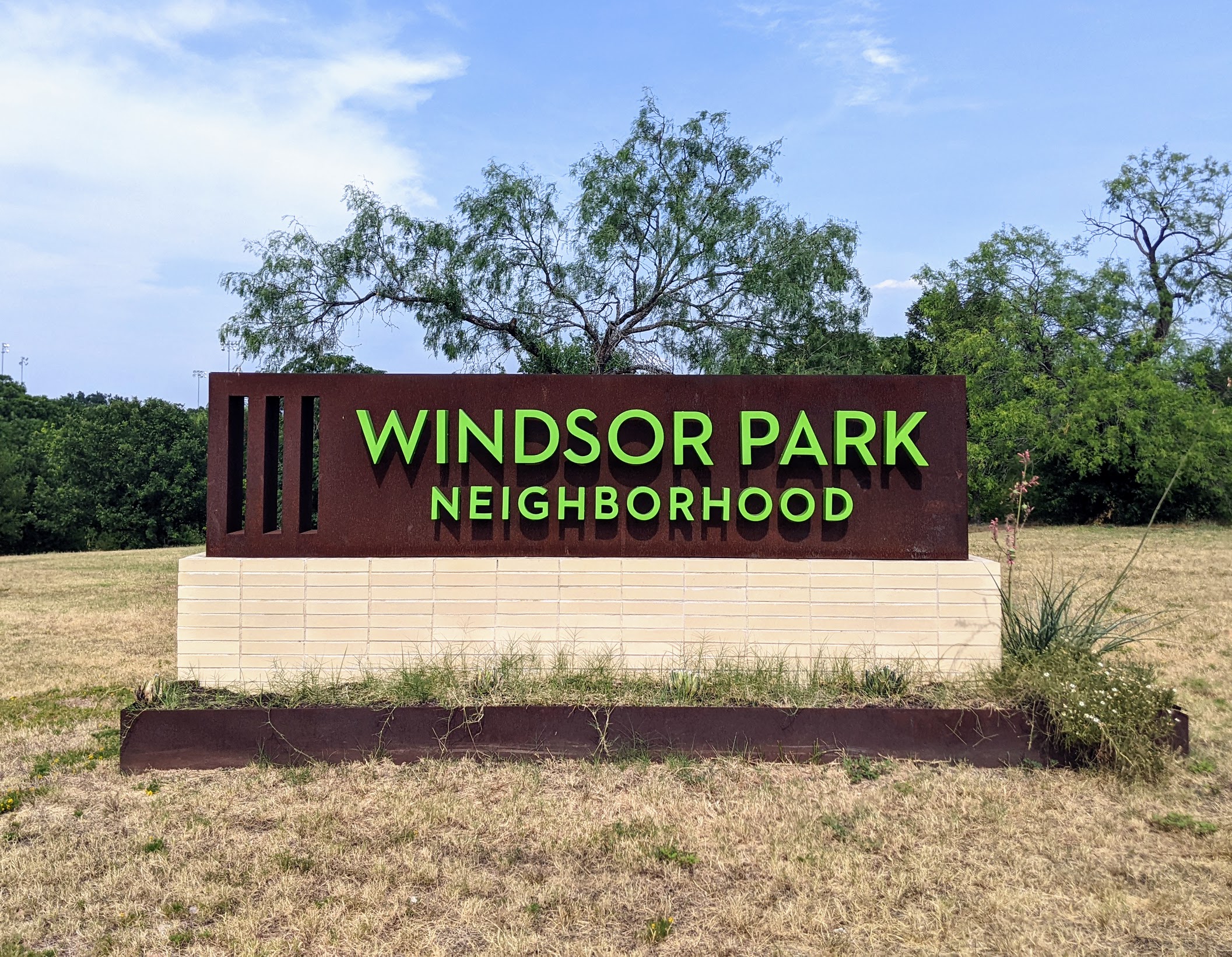Questions about Homelessness in the Austin Community
By Ann Howard, ECHO (Ending Community Homelessness Coalition)
At our August meeting we had invited Ann Howard as our guest speaker. She was unable to attend, but knowing that the neighbors in attendance had many burning questions, we collected their questions and shared them with her afterward. We included some of these questions and answers in our Window on Windsor Newsletter for September, but here is the entirety of the questions and her responses.
The Ending Community Homelessness Coalition (ECHO) is the lead agency that plans and implements community-wide strategies to end homelessness in Austin and Travis County. We are the backbone for homeless services and work closely with nonprofits and government agencies to coordinate assistance for people experiencing homelessness in our community. ECHO manages data on homelessness and advocates for just policies and adequate funding to assist those in need. We believe it is the community’s responsibility to provide a compassionate response and ensure homelessness is rare, brief, and only happens once.
We have heard the city has created a coalition on working on homelessness. What is the city doing about it?
Mayor Steve Adler and Mayor Pro Tem Kathie Tovo have championed efforts to house homeless veterans, youth and families. To date, 900 homeless veterans have been connected to housing and received financial assistance to get settled that was provided by the federal government. City funds several housing initiatives by contracting with local non-profits like Caritas, LifeWorks, SAFE, ECHO and more.
What is ECHO’s focus on homelessness?
This is what ECHO focuses on:
- We are designated by the community to act as the lead agency for coordinating federal funding dedicated to ending homelessness. ECHO strives for strategic and effective use of that funding to improve outcomes.
- We coordinate the system that connects individuals who are homeless to agencies and services, and we conduct assessments and provide referrals.
- We manage the Homeless Management Information System, a database used by 34 partners that tracks the needs of those experiencing homelessness and is used to monitor and evaluate system performance.
- We work with property owners and managers to develop and maintain a portfolio of housing options.
- We engage a diverse community of experts and facilitate workgroups and task forces to create and implement strategies for system change.
- We educate and train stakeholders and community members about the best practices for ending homelessness.
- We conduct research, write reports, and work on public policy to advance our mission.
- We advocate at City Hall and with other community leaders for adequate funding and policies to address homelessness in Austin. We are a resource to the media and strive to increase public awareness on the issue of homelessness.
What is the root cause of homelessness and the best way to address the issue?
There are many root causes of homelessness, but it often happens when a crisis in the home results in the loss of housing. This crisis might be loss of income, health problems, family breakup, inequity and instability, lack of affordable housing in Austin, involvement in the criminal justice system, etc. ECHO does work with some organizations on awareness and prevention, but we believe the best way to address the issue is to implement the Action Plan to End Homelessness.
We are concerned about trash and littering, and many homeless are going to the bathroom in public areas (behind buildings, under the overpasses), so it has become a public health concern. What can we do?
Please call your city council representative and convey your concern. We need the city and county government to direct more funding to strategies that end homeless so that we don’t have to spend so much money cleaning up homelessness.
What is the best way to volunteer, not just with ECHO, but other organizations? Which organizations are best to support volunteers and where could we find that information?
Most non-profits list ways to volunteer on their websites so the easiest thing to do is google the name of the agency and explore their material. Strong nonprofits in Austin working together to end homelessness include: Caritas of Austin, LifeWorks, SAFE, Salvation Army, Front Steps, Integral Care, St. Louise House, Family Eldercare, Any Baby Can and ECHO. ECHO uses volunteers on workgroups and to conduct the annual survey of people experiencing homelessness.
Where do we stand with group homes? One on Gaston Place is gone. What has happened to the large group of people who have lived there? What is the relationship of homeless and group homes?
Some group homes are well run and offer safe and decent housing; others do not. Sometimes called ‘board and care’ homes, these are often privately owned and some agree to provide meals. But in Austin, there is no regulation or registration of these homes, so it is hit or miss.
How does Austin compare to other cities in terms of homelessness? Are there successful models for dealing with homelessness in other cities across Texas or the country?
Our community is receiving national recognition for successfully implementing strategies that end homelessness. In August 2016, Austin was recognized for effectively ending veteran homelessness, ensuring we have a system that makes veteran homelessness rare, brief and non-recurring. ECHO is leading the way on policy and research and we regularly review the most up to date national best practices for cities to address homelessness. Many cities in Texas and on the east and west coasts are seeing an increase in the number of people experiencing homelessness and not in shelters. This corresponds with rising costs of housing and stagnant wages for mid and low incomes. The National Alliance to End Homelessness is a good resource to understand the trends in homelessness across our country and to read about solutions.
How would the affordable housing bond (Proposition A on the November ballot) coming up this fall affect homelessness?
(From the FAQs of Keep Austin Affordable…)
Affordable housing bonds would be used to build new houses and apartments as well as repair and renovate existing homes for families whose total income is 50% or less of median family income. Currently, this would mean under $33,000/year for married couples and under $41,000/year for a family of 4. Many of these families are service industry workers, child care providers, construction workers and even some public employees. This would also included seniors on fixed incomes, homeless veterans, and people with disabilities.
Keep Austin Affordable believes our community is better off when low wage workers and their families can find affordable housing in the city.
In 2006, the voters of Austin approved the first ever affordable housing bonds, totaling $55 million. These funds were used to build and repair over 3400 homes for low-income families, people with disabilities, and seniors on fixed incomes. The bonds were also used to bring in an additional $197 million in federal and private matching money, a 4:1 match, and created 2500 new jobs. All of the 2006 bond dollars were spent.
In 2013, the voters of Austin approved a second bond package, totaling $65 million. These funds were used to repair over 1,200 homes for Austin homeowners, and built hundreds of deeply affordable rental units that working families are now living in. In addition, the 2013 bonds continued to attract dollars from the Federal government for a 7:1 leverage ratio. All of the 2013 bond dollars have been spent or dedicated to a service, meaning the need to pass new bonds to continue to address affordability is critical.






 Seven of our eleven 2023 Scholarship recipients being recognized at our June WPNA meeting.
Please support our scholarship effort by contributing below through our secure PayPal site.
Seven of our eleven 2023 Scholarship recipients being recognized at our June WPNA meeting.
Please support our scholarship effort by contributing below through our secure PayPal site.



